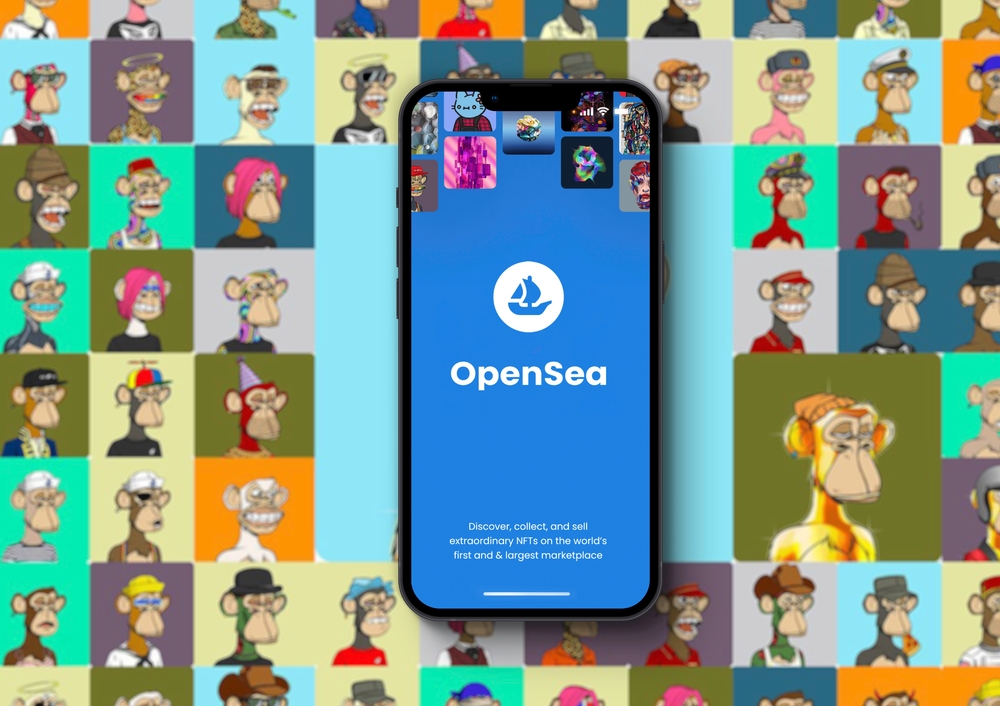Shareholders of the popular non-fungible token (NFT) marketplace, OpenSea, are reportedly selling their stakes at a discount in secondary markets. The same is true for shares of many blue-chip startups in the crypto space.
However, secondary markets are leveraging SPVs to evade bans on the sale of stocks.
Using SPVs To Evade Restrictions
As a privately held startup in the Web3 ecosystem, OpenSea’s previous valuation stood at $13.3 billion after its last fundraising of $300 million early last year. Like other startups in the crypto industry, OpenSea has banned the sale of its stocks by employees or investors without approval from the board.
However, reports revealed that some holders of OpenSea’s shares are selling their stocks at a steep discount. How this becomes possible despite the restrictions is simple.
Brokerage firms are sidestepping restrictions on stock sales via Special Purpose Vehicles (SPVs). SPVs are special legal platforms created only to facilitate secondary market trade.
With SPVs, investors can directly buy and sell a company’s stock without restriction. Thus, investors are exploiting this loophole to trade the ownership of their SPV shares, which hold the private firm’s stock, as explained by Nick Fusco, CEO of ApeVue.
Meanwhile, this stock-selling pattern is the source of a constant rift between companies and their shareholders.
The tumultuous state of the crypto and global market for most of 2022 has impacted the valuation of most startups. Last October, Blockchain.com sought to raise some funds at a $3-4 billion valuation, a steep decline from the $13 billion six months prior.
OpenSea Pro Outperforms Rival Blur
Meanwhile, OpenSea has recorded improved metrics after launching its NFT aggregator, OpenSea Pro, in response to its rival’s market dominance.
OpenSea Pro has recorded a massive jump in active addresses, with transaction volumes surging following its launch. In addition, it has leapfrogged Blur as it now controls significant transaction shares in the competitive NFT market.
Data from Dune Analytics shows that new daily addresses on OpenSea Pro spiked to more than 1,800 before reverting to 1,000. Active addresses also jumped by over 3,500 daily but have since swung below 3,000.
More importantly, the rebranded platform also saw its daily volume surge reaching $3 million but is now hovering around the $2.5 million level. Since announcing its emergence on the scene, Blur has dominated the daily volume among NFT aggregators.
Its introduction of airdrops has seen Blur attract users from rival NFT platforms. But the launch of OpenSea Pro is making Blur come to terms with the renewed rise of OpenSea as a competitor.
OpenSea’s rebranding of its NFT aggregator from Gem to Pro signals its intent to end Blur’s short-lived dominance. It is worth noting that Pro is an upgrade to the Gem features, with collectors able to access a wide range of deals across 175 NFT marketplaces.
Meanwhile, a popular global fashion brand, Ralph Lauren, has announced that it is collaborating with PoolSuite (a Web3 group) to launch co-branded NFTs, which will serve as souvenirs for the Web3 community members. Ralph Lauren’s crypto forays have been in the works for some time, and recently it integrated crypto payments at its newly opened Miami store.
The fashion brand also revealed that it still has many more crypto-related partnerships in the works besides the PoolSuite one.
Editorial credit: Diego Thomazini / Shutterstock.com
